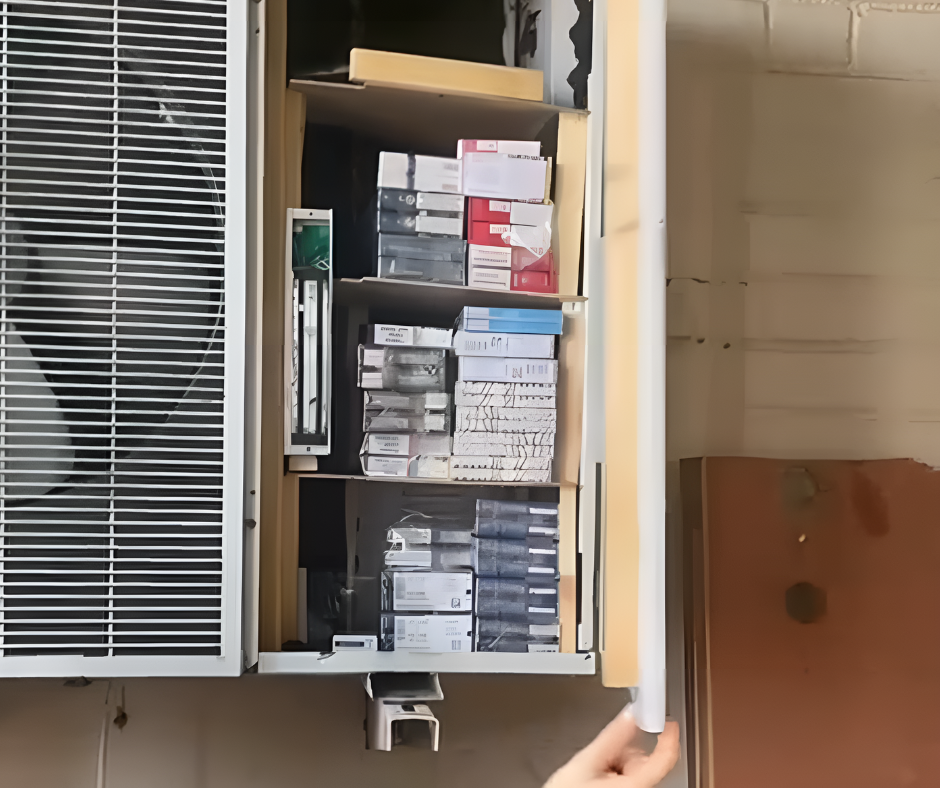Restrictions that ban social gatherings of more than six people have come into force today across England, following a rise in the number of daily Coronavirus cases.
The ‘rule of six’ applies both indoors and outdoors, and children are included.
What are the rules on social gatherings?
- From Monday 14 September, gatherings of more than six people are illegal, unless it meets one of a limited list of exemptions
- This applies to gatherings both indoors and outdoors in England and Scotland, and indoors in Wales
- It applies to all ages in England and everyone except children under the age of 11 in Wales and under 12 in Scotland
- In Northern Ireland, six people from two different households can meet indoors and groups of up to 15 people outdoors – but localised restrictions have been introduced in Belfast and Ballymena
- Social premises and venues, including pubs and restaurants, are now legally required to request test and trace information from customers and keep the details for 21 days
Who’s exempt?
- Households or support bubbles of more than six people can still gather
- Groups of more than six people are allowed for work or education
- Places of worship, gyms, restaurants and hospitality settings can still hold more than six people in total
- Weddings and funerals are also exempt, with up to 30 people allowed to attend them in England and Wales and 20 people in Scotland
- Organised team sports carried out in a “COVID-secure way” can have more than six people
What happens if you break the rules?
Anyone who breaks the rules on social gatherings will be fined £100, with the penalty doubling on each further repeat offence up to £3,200.



